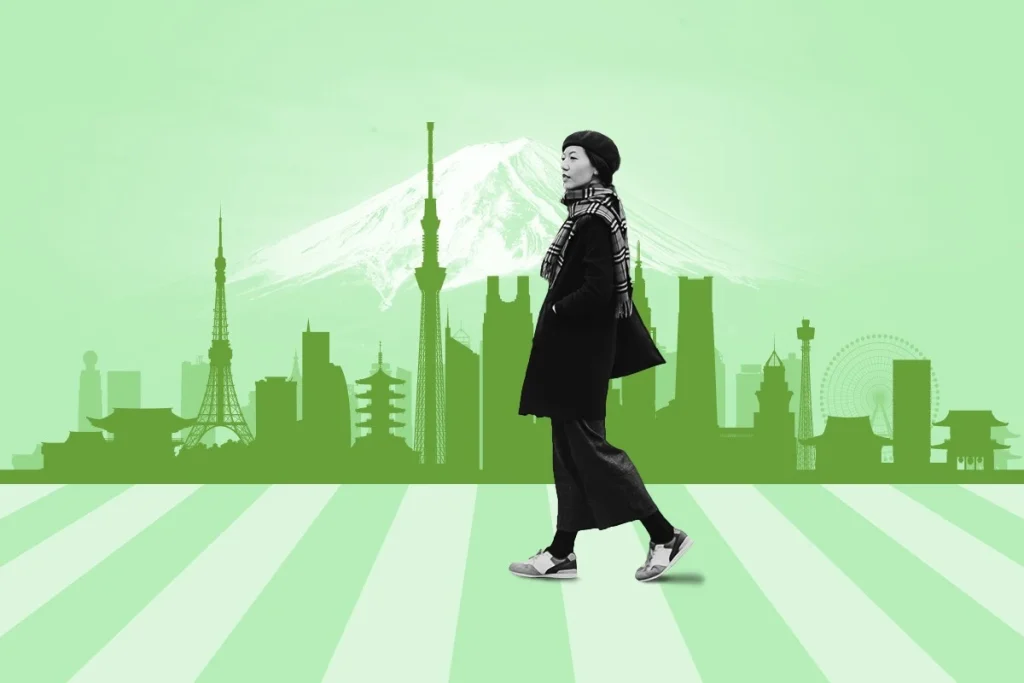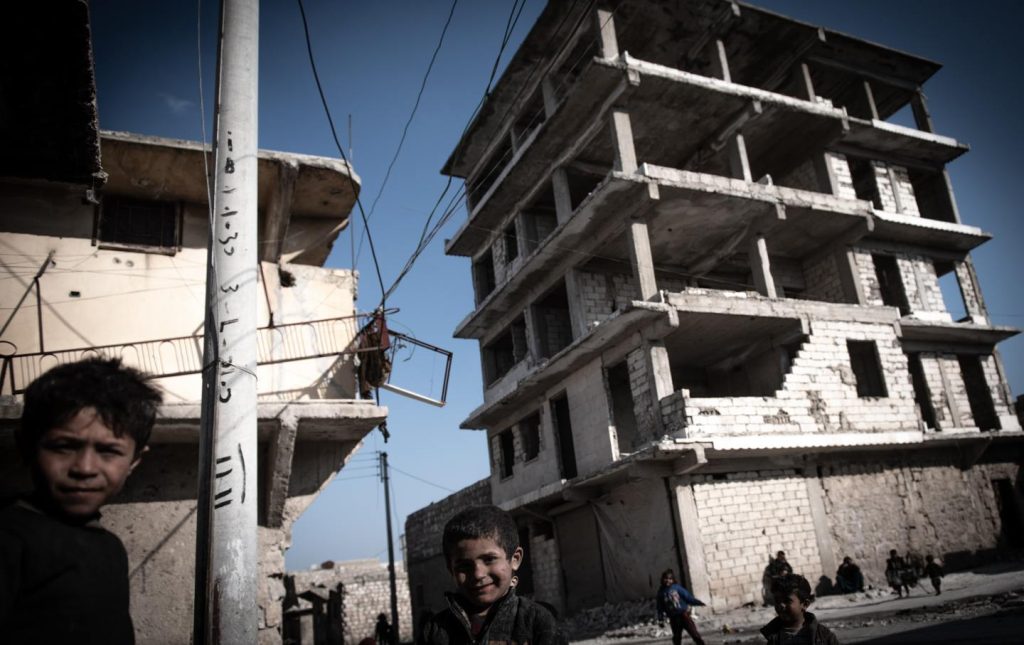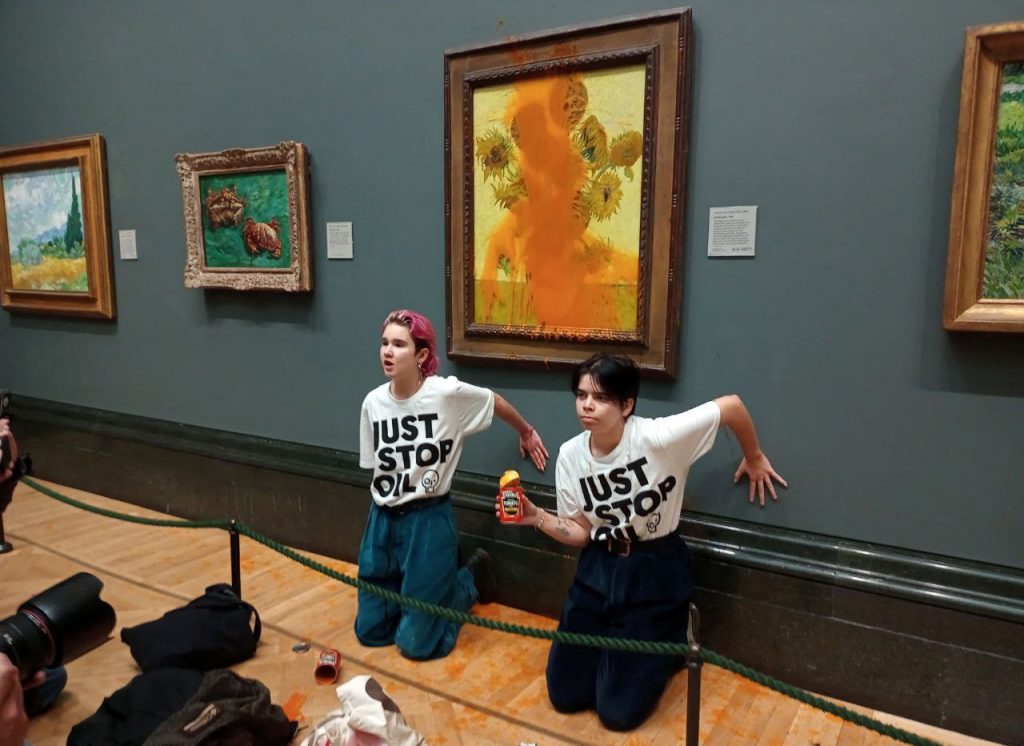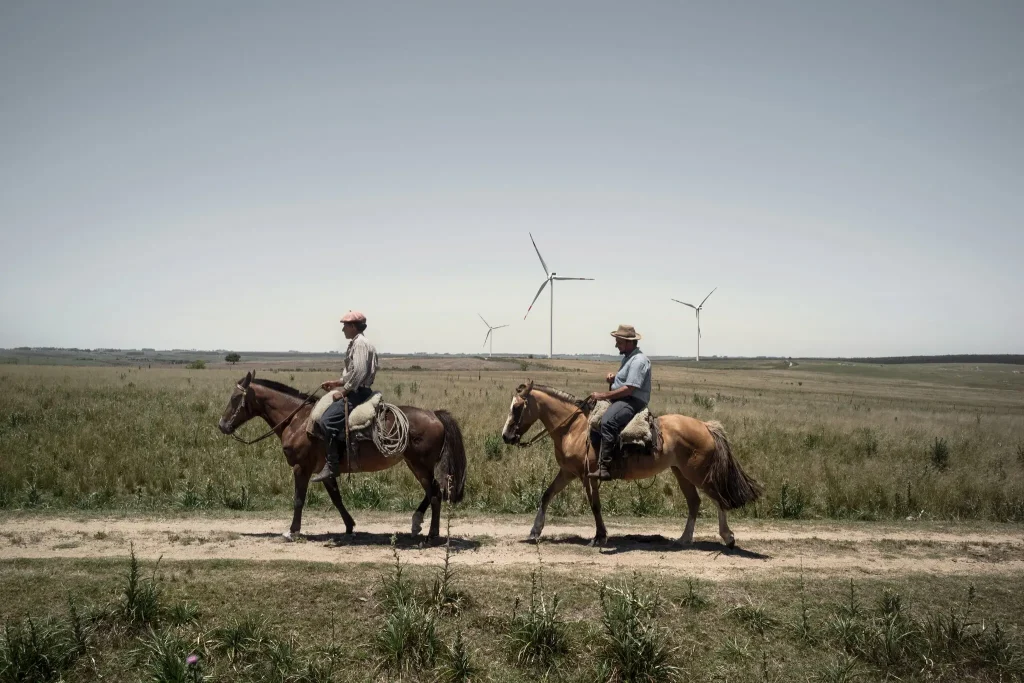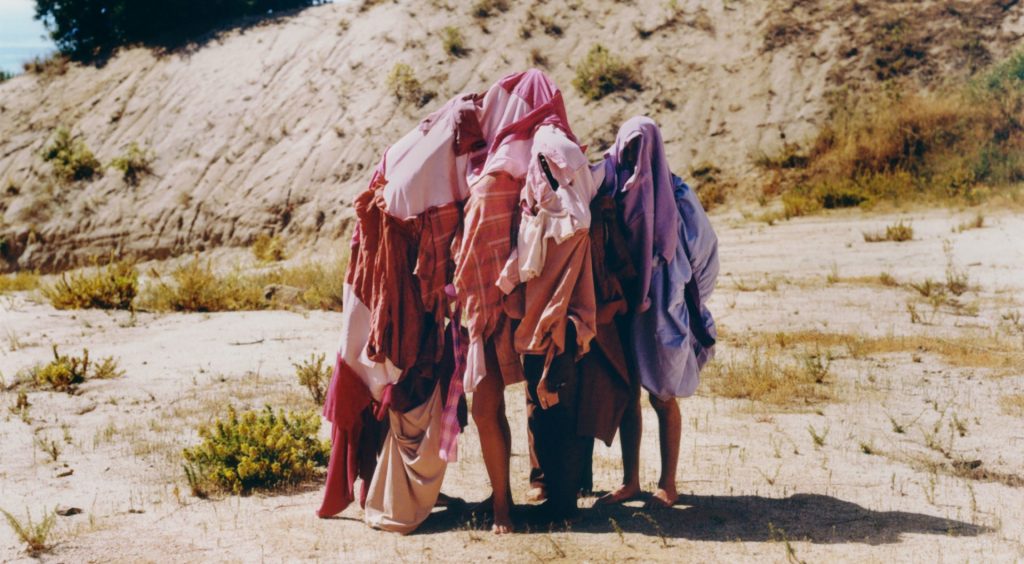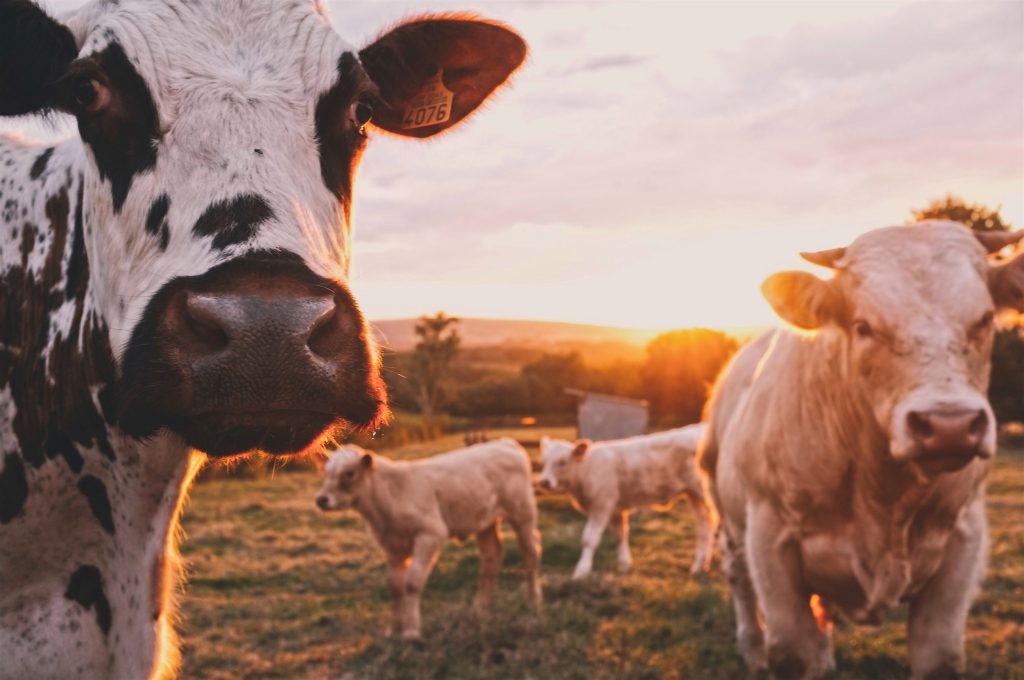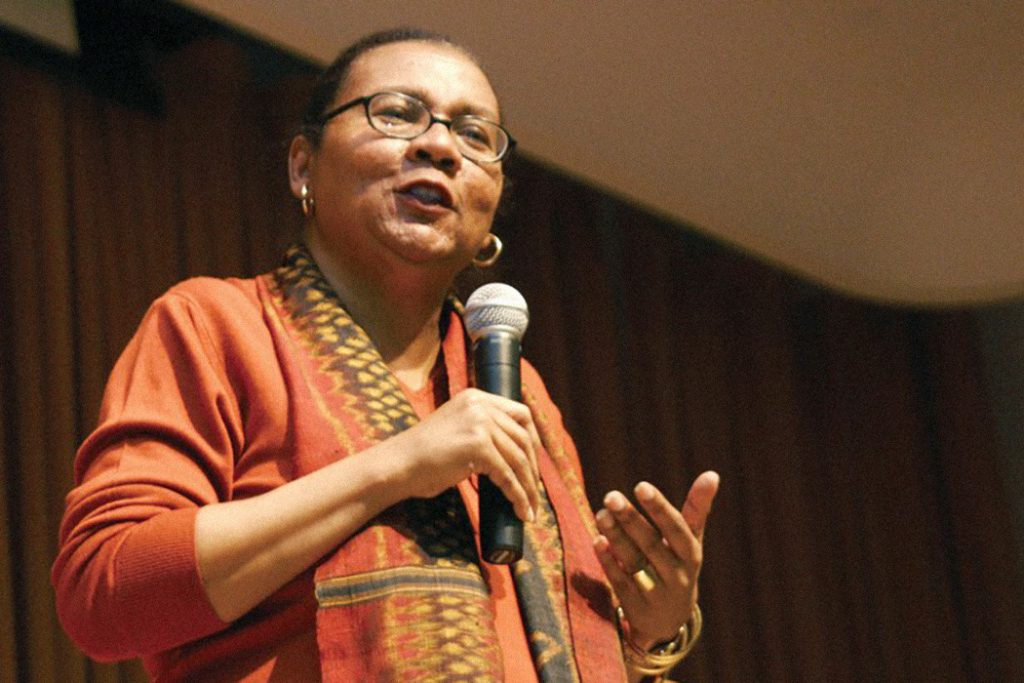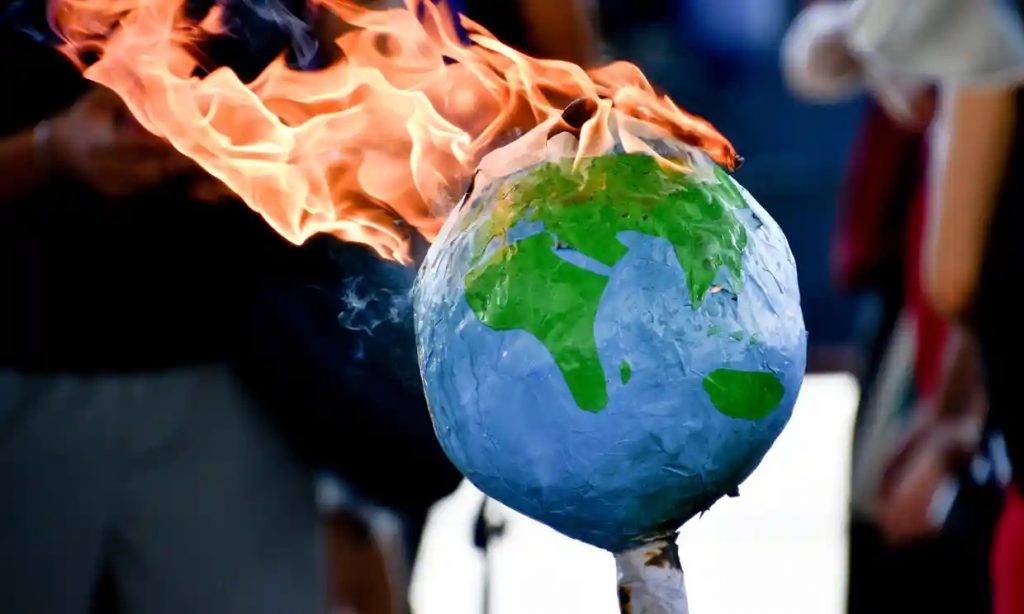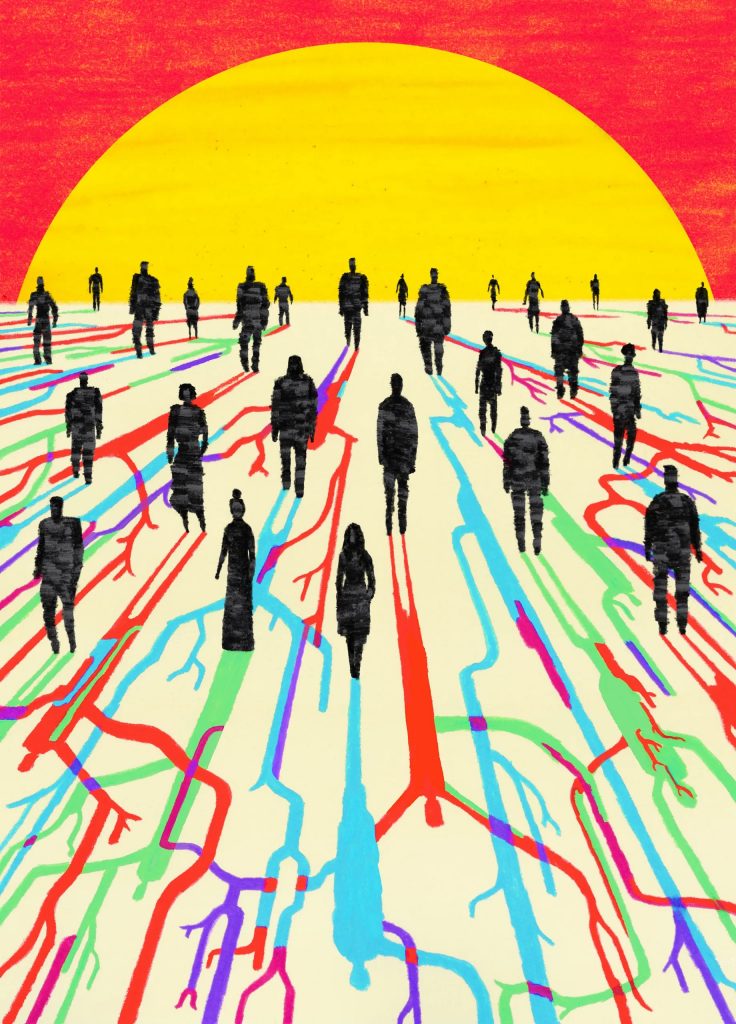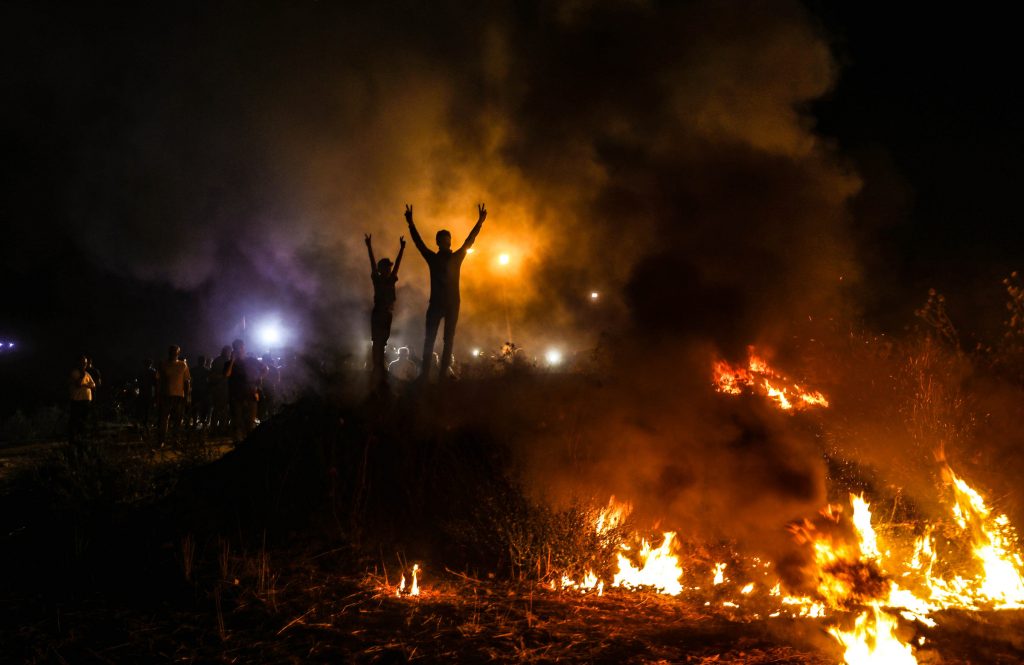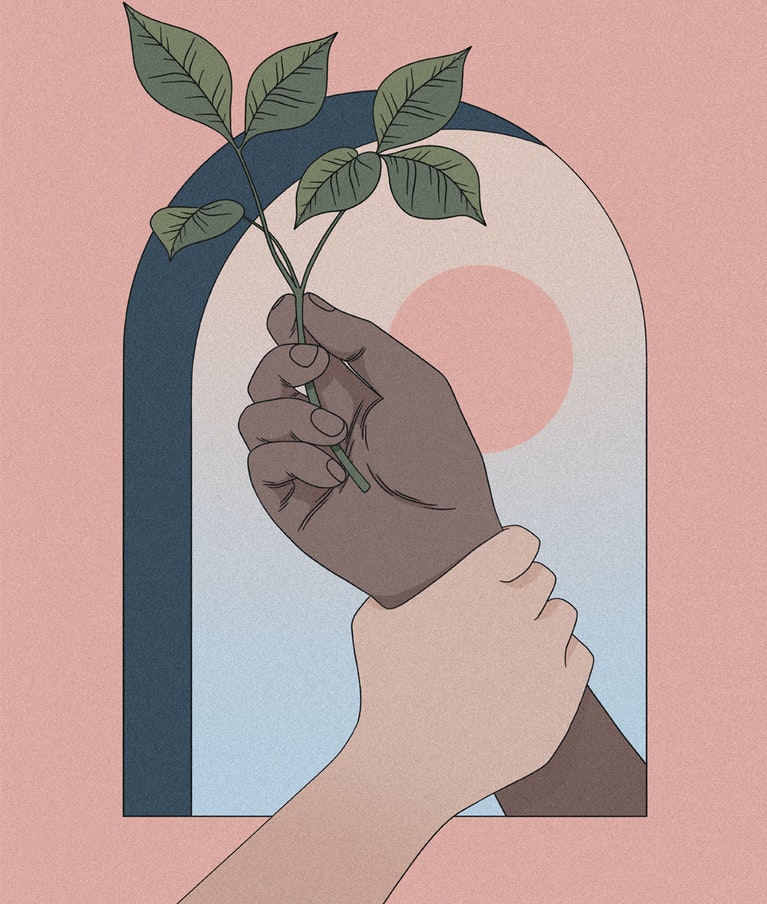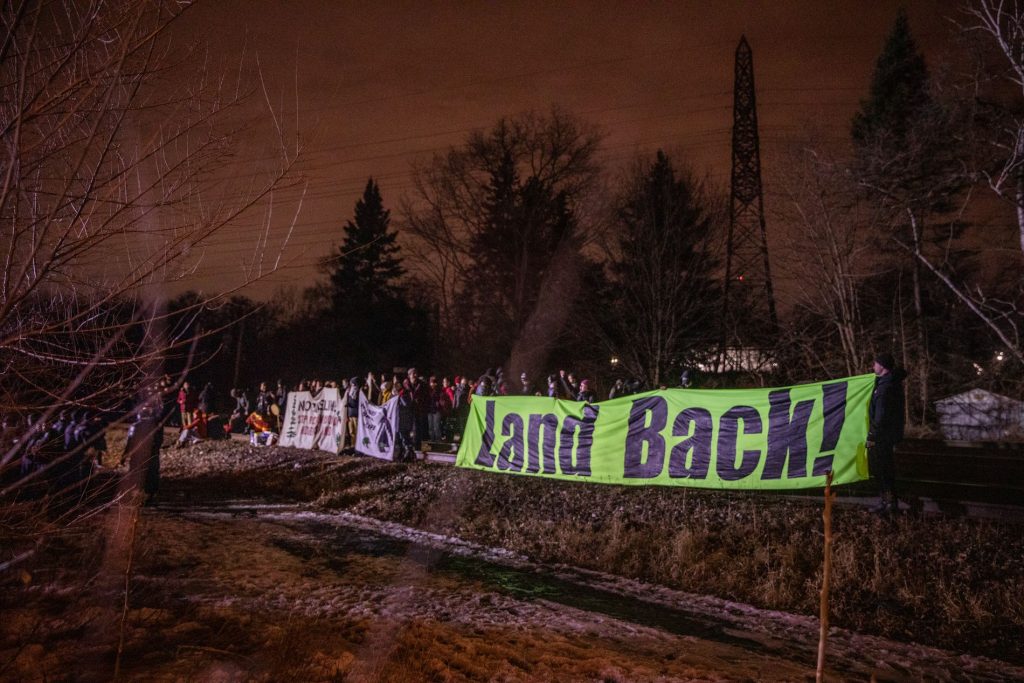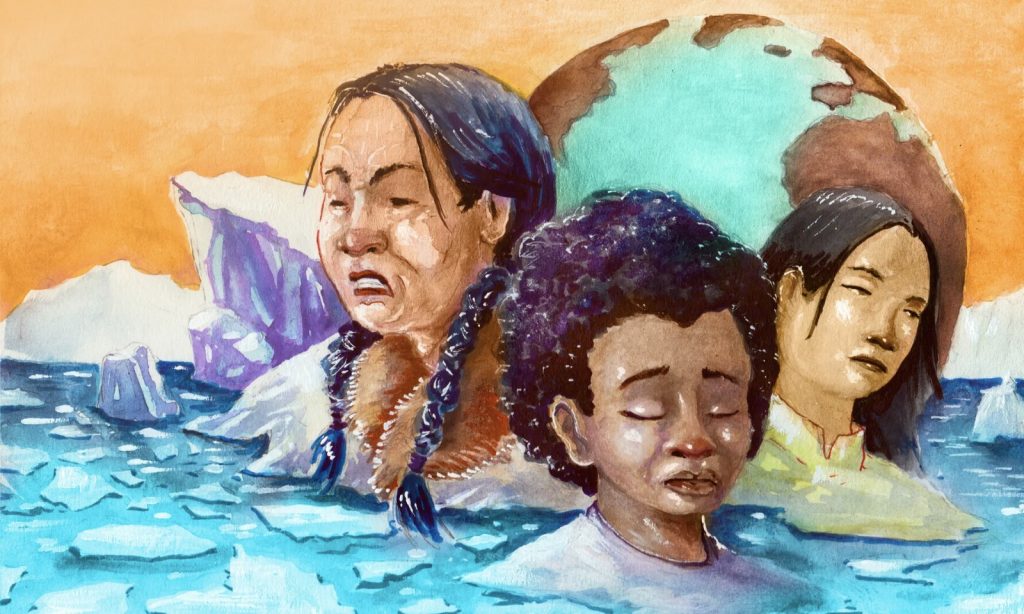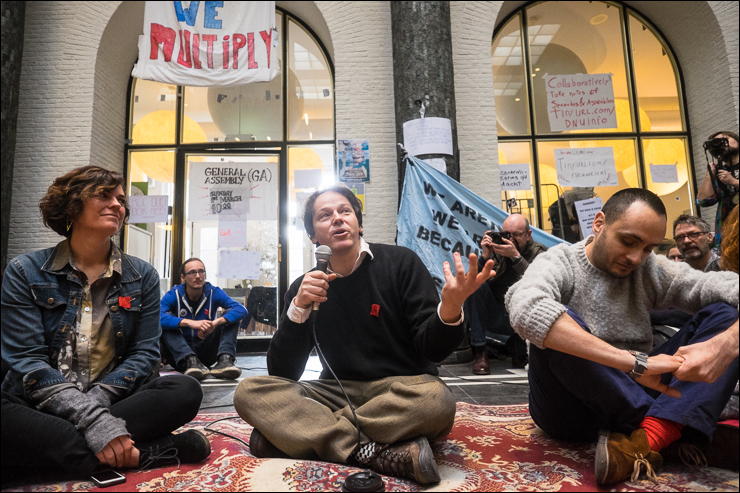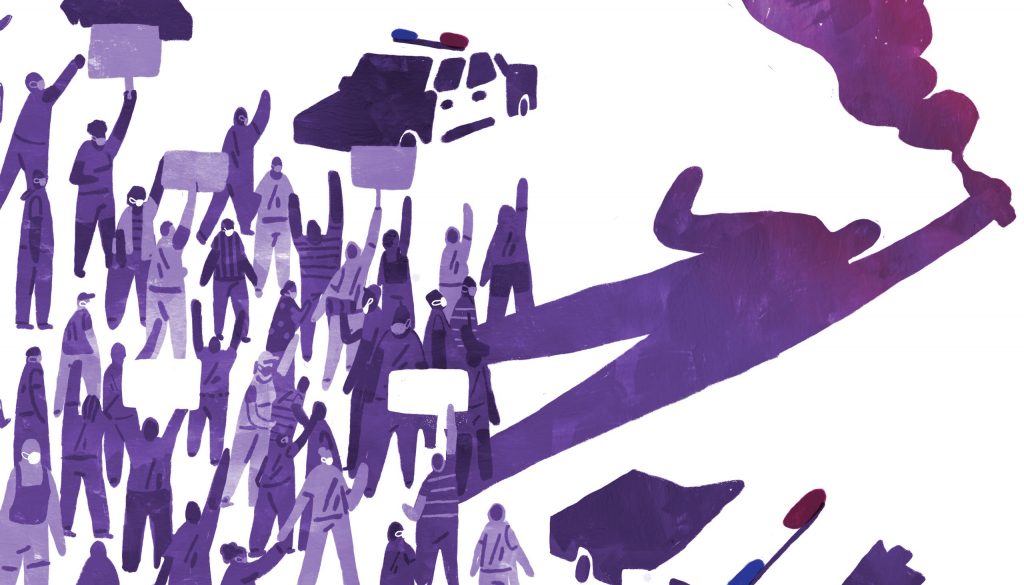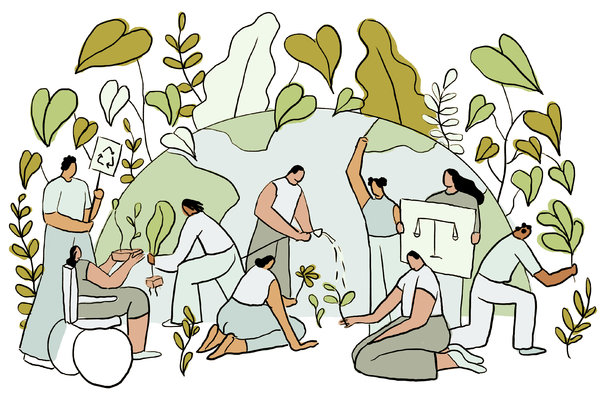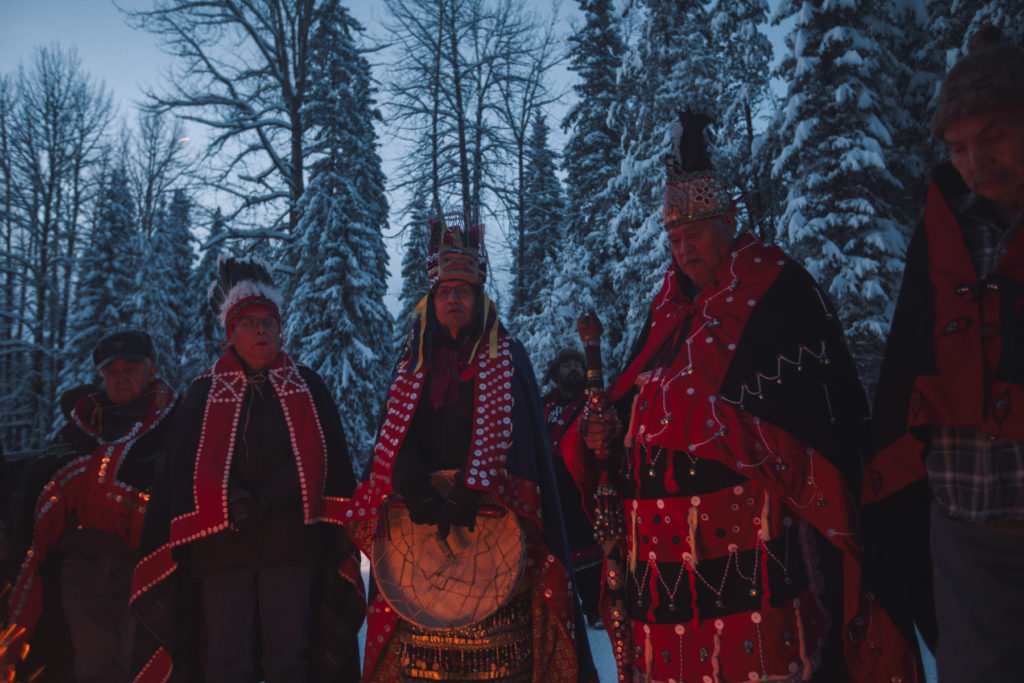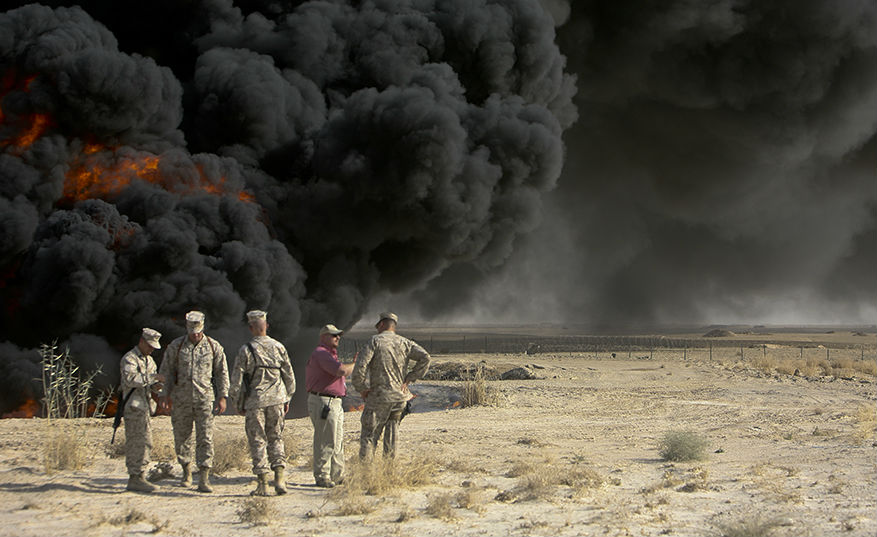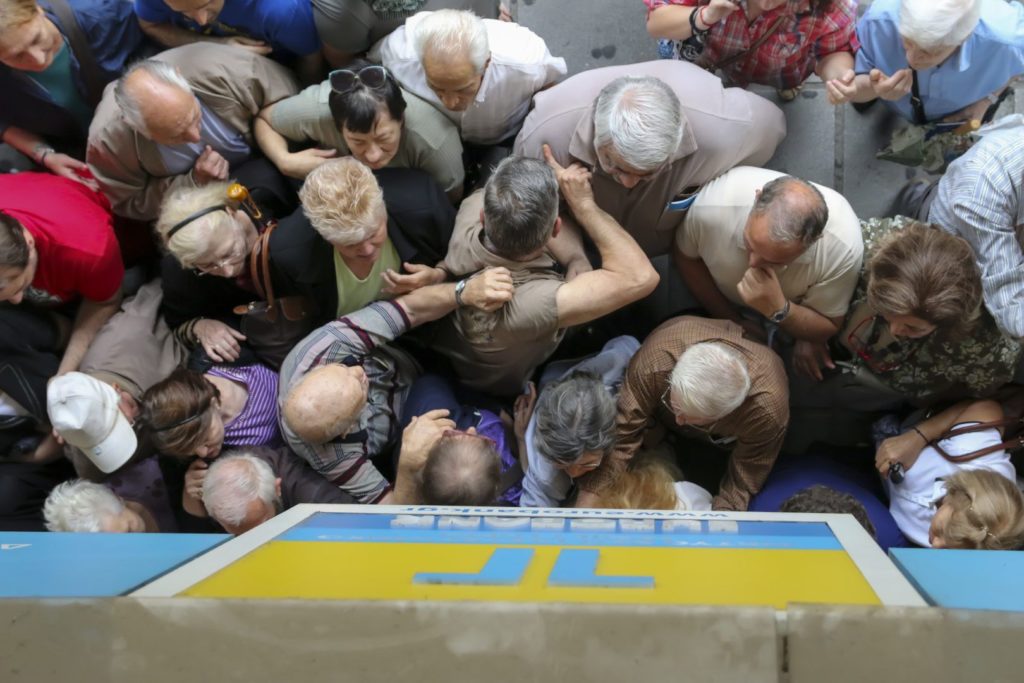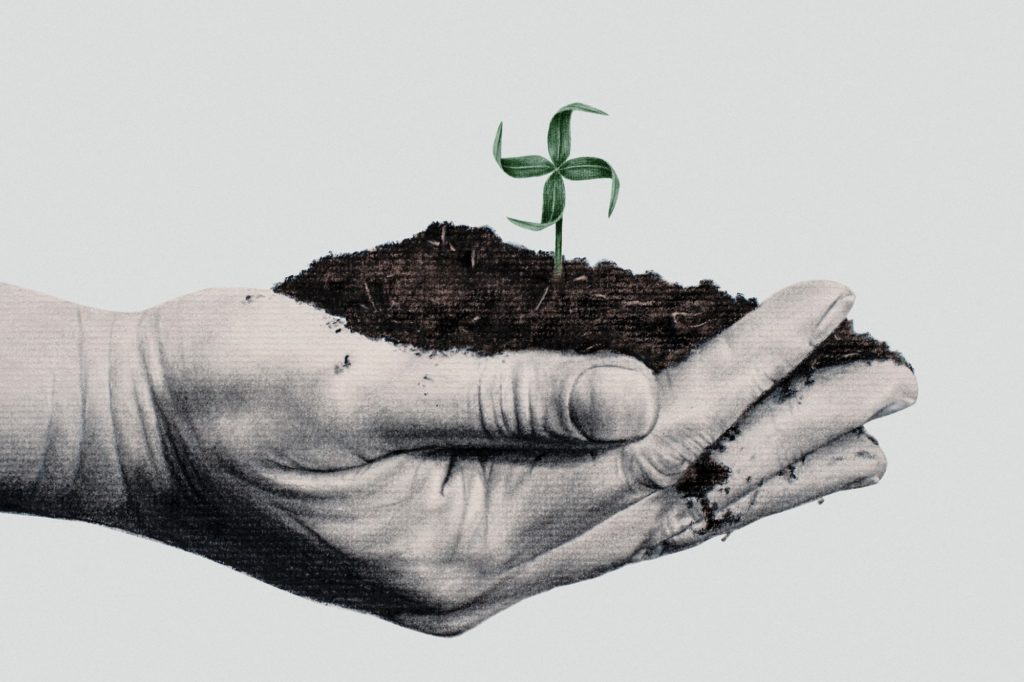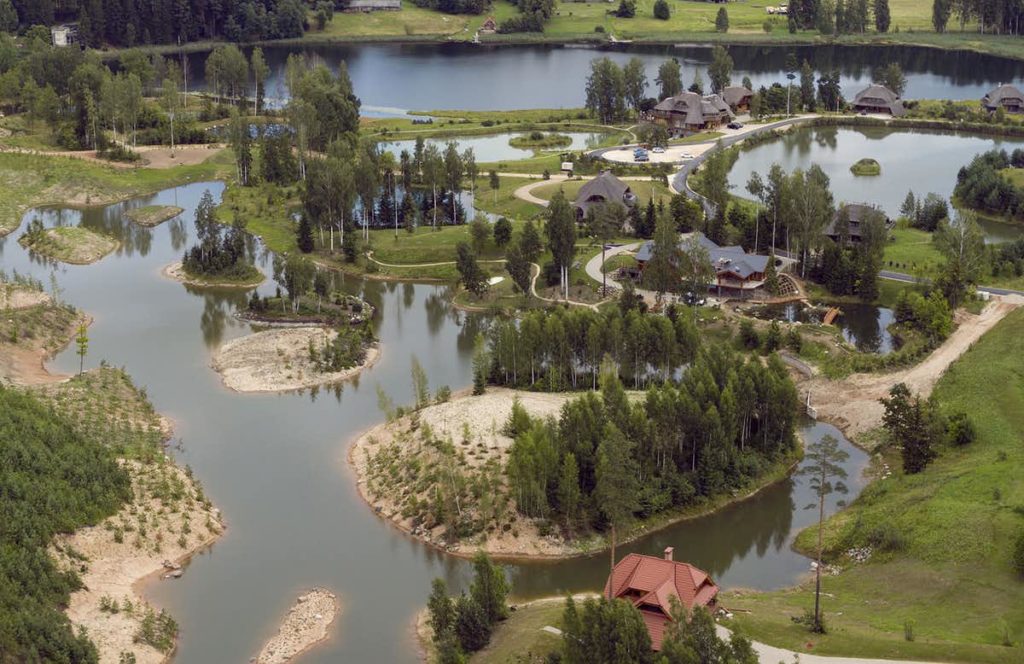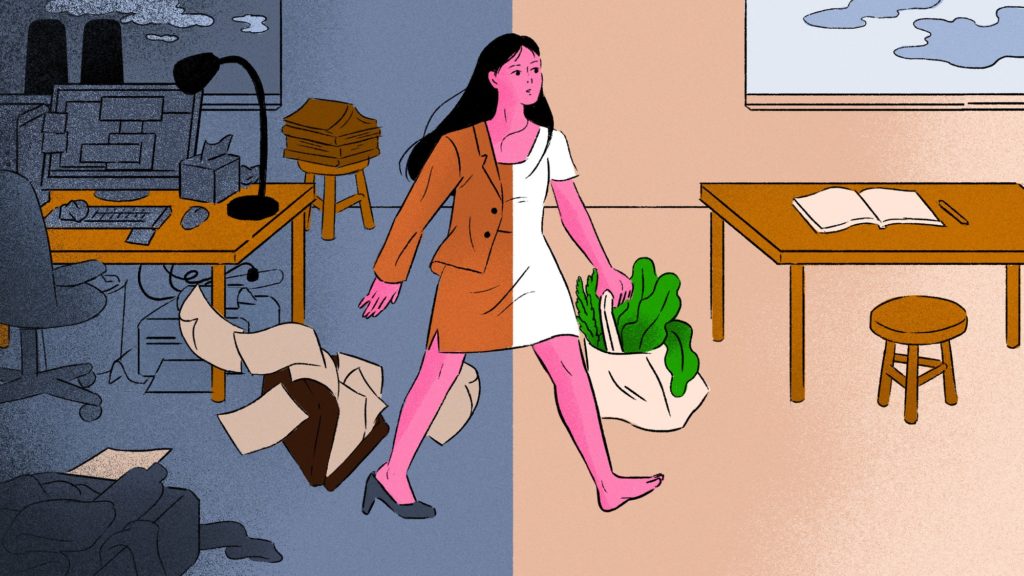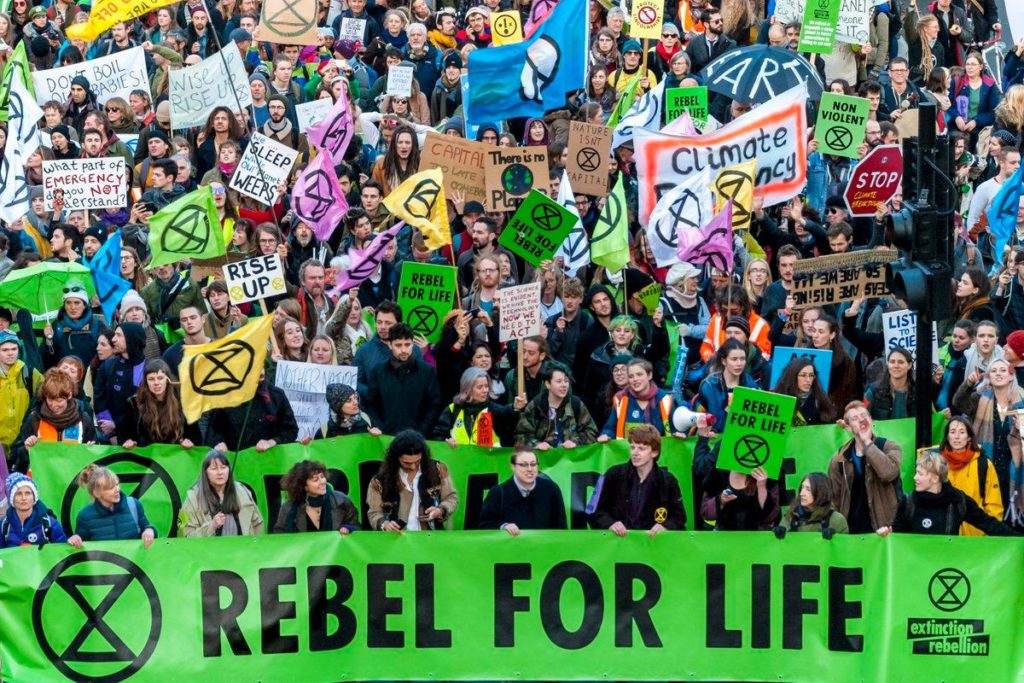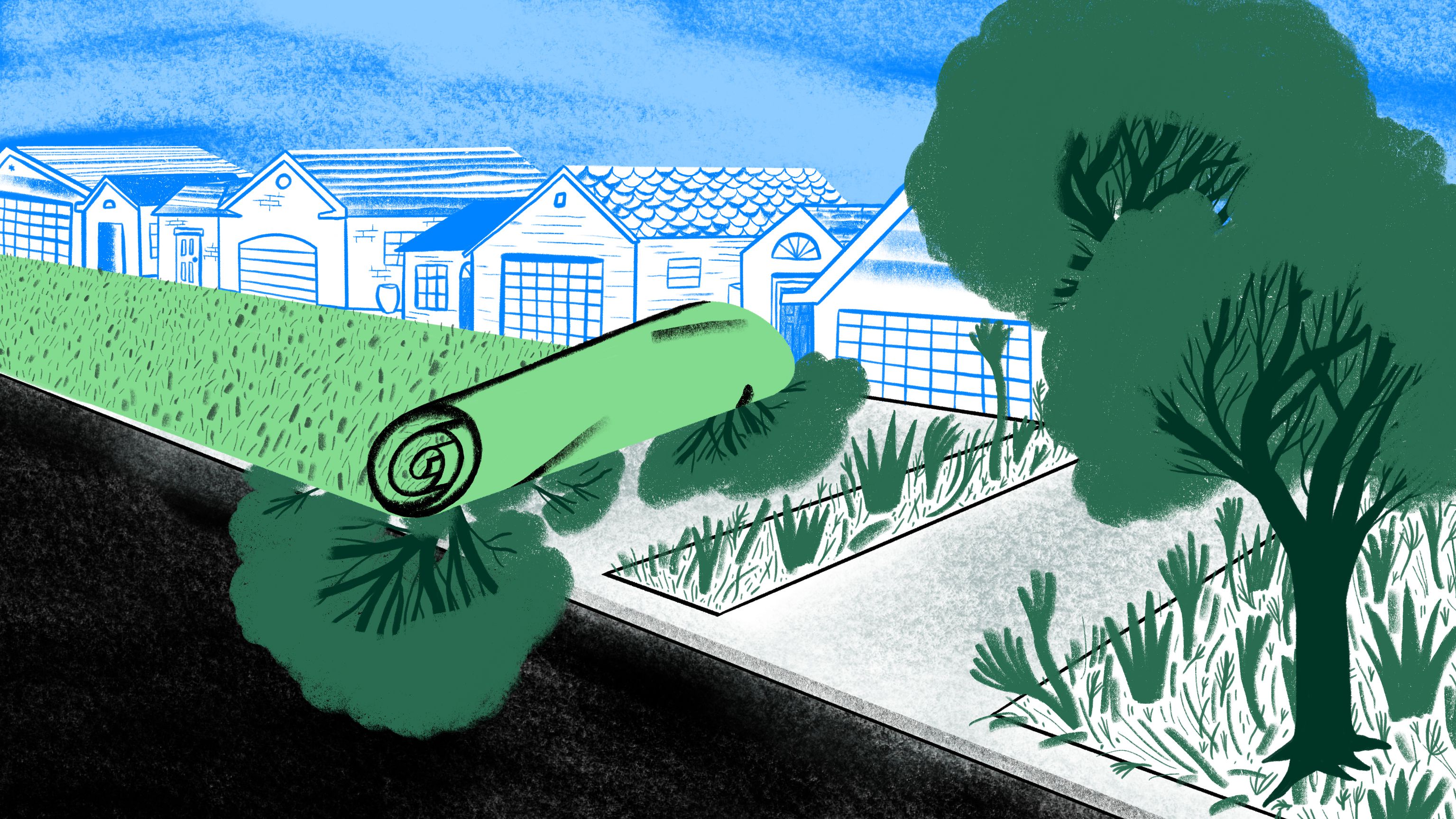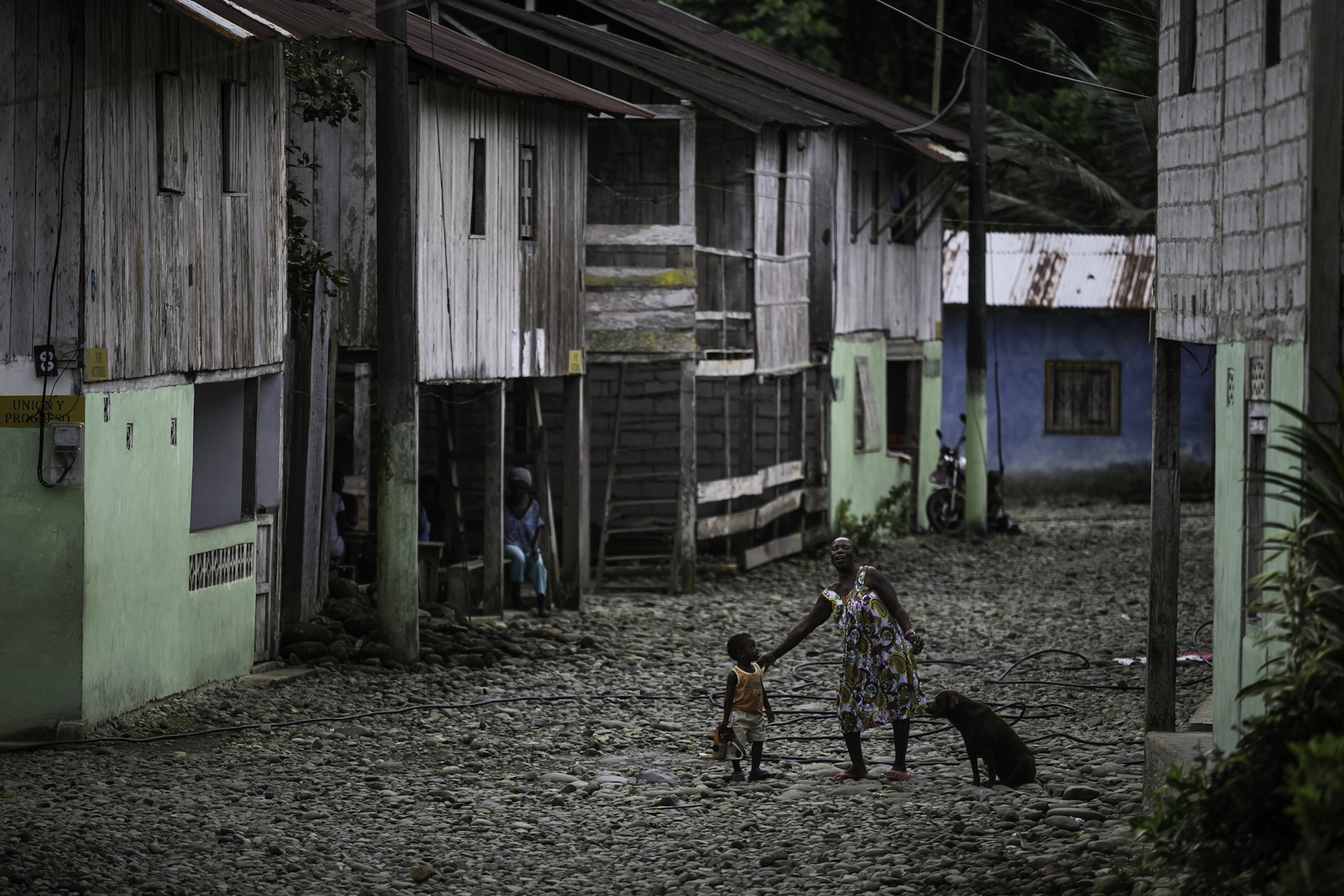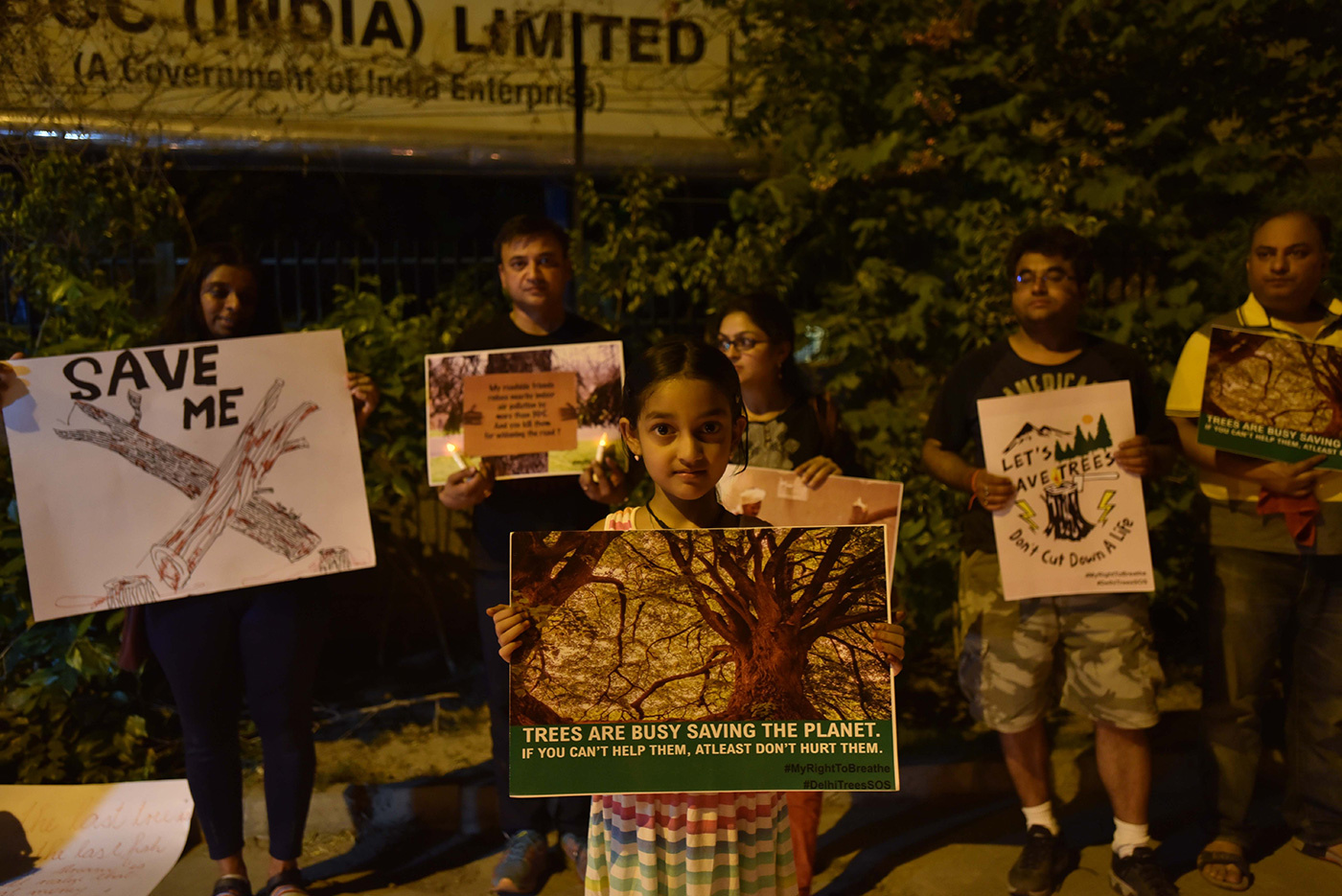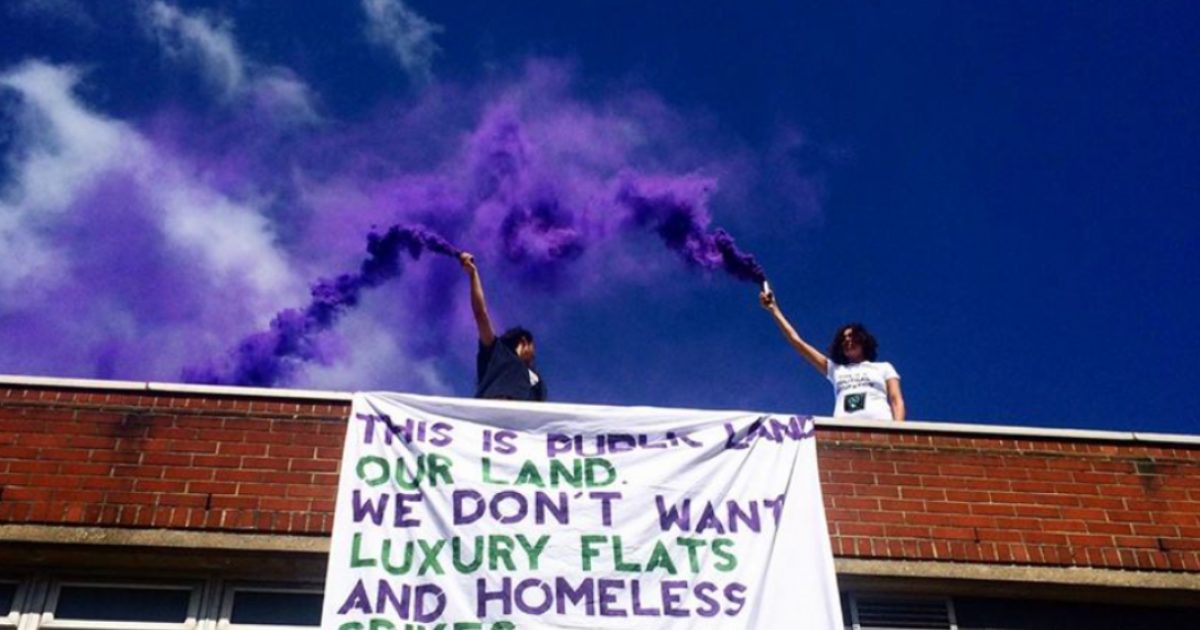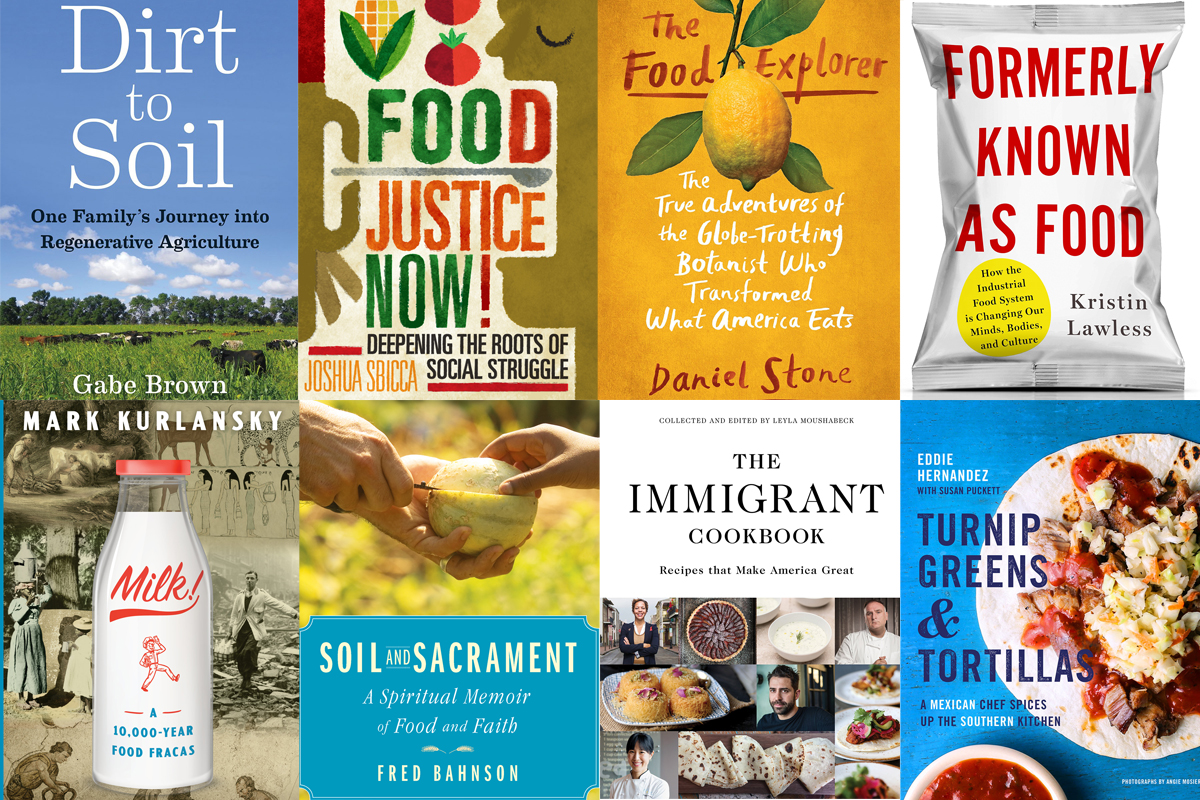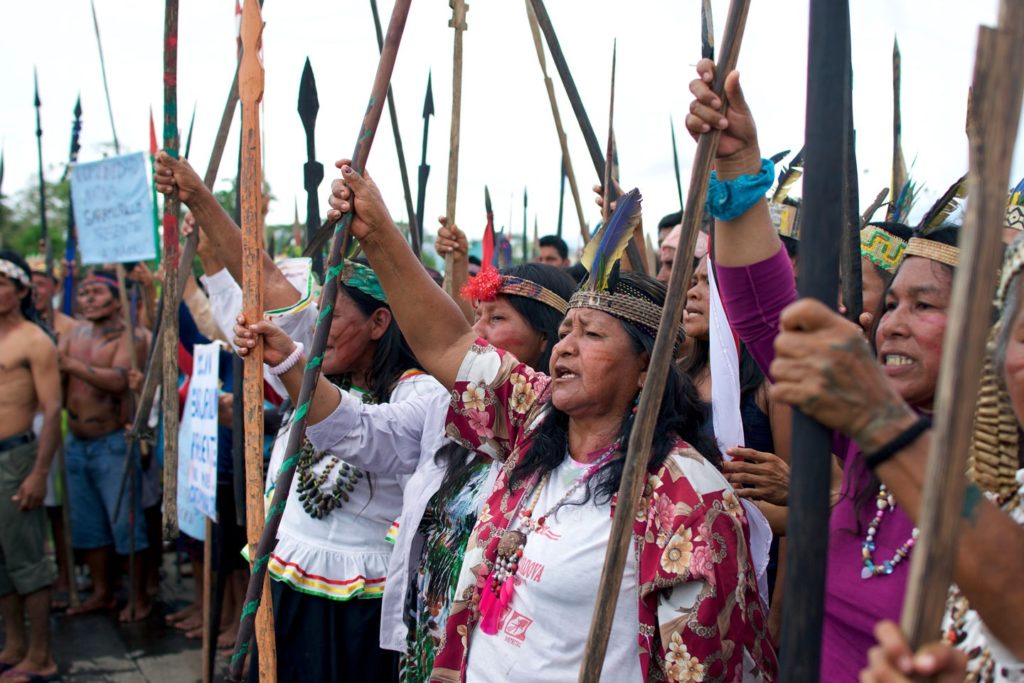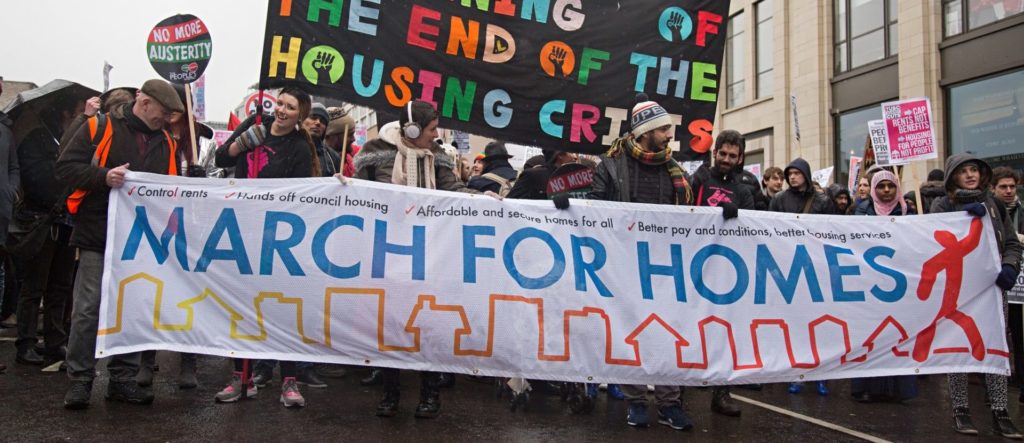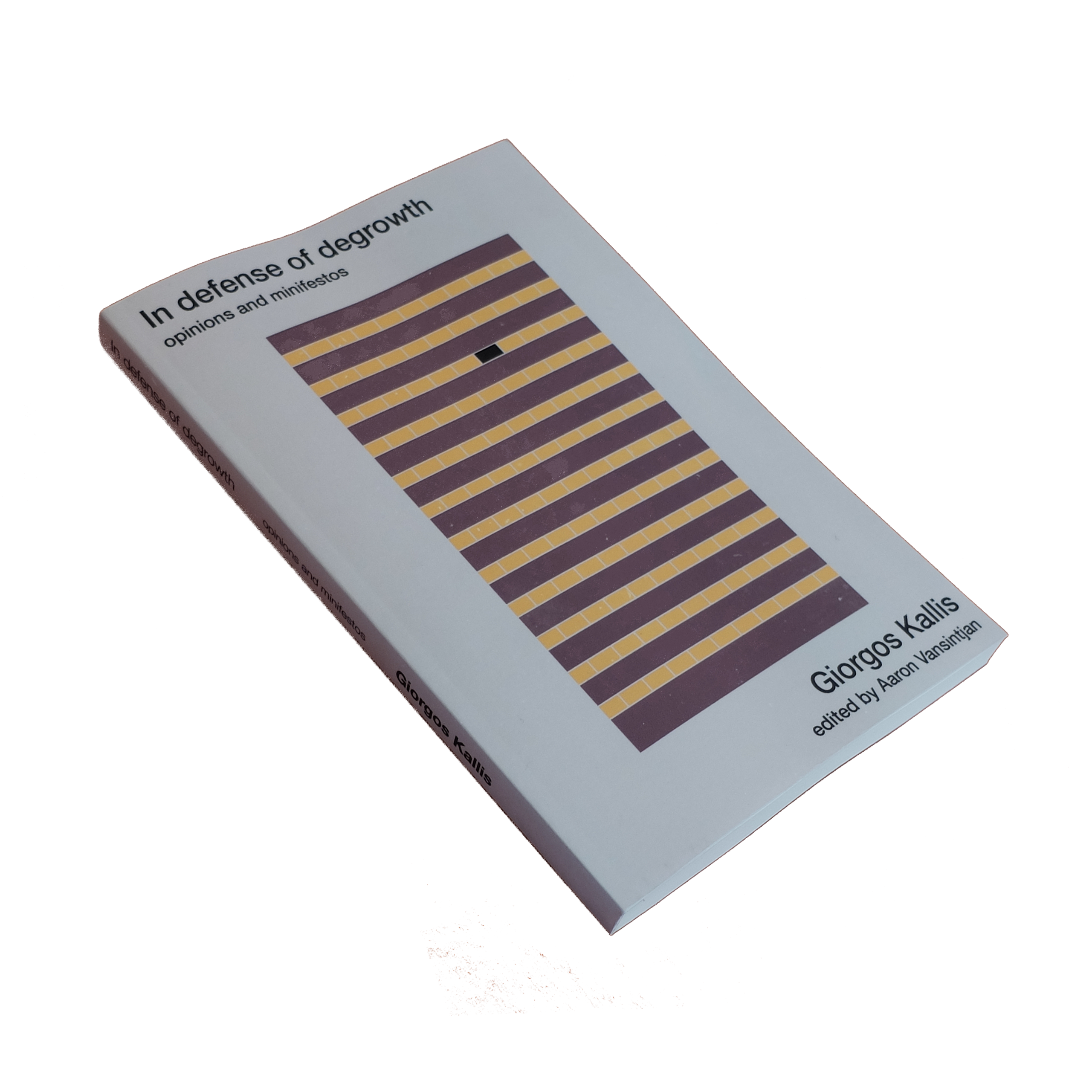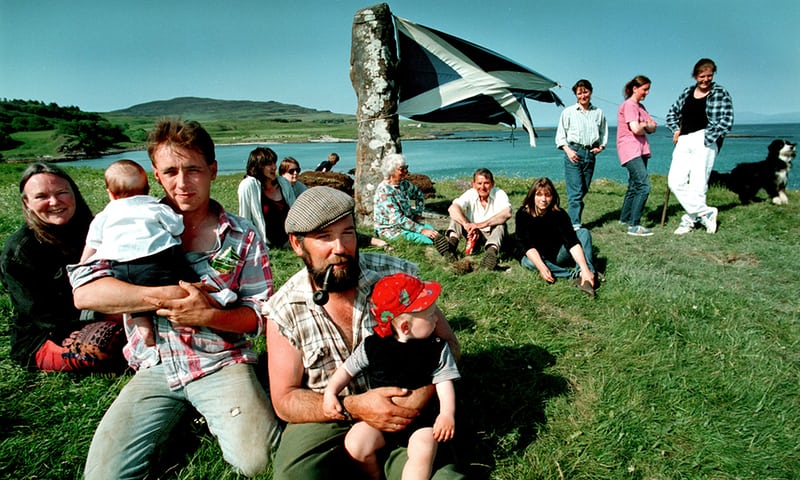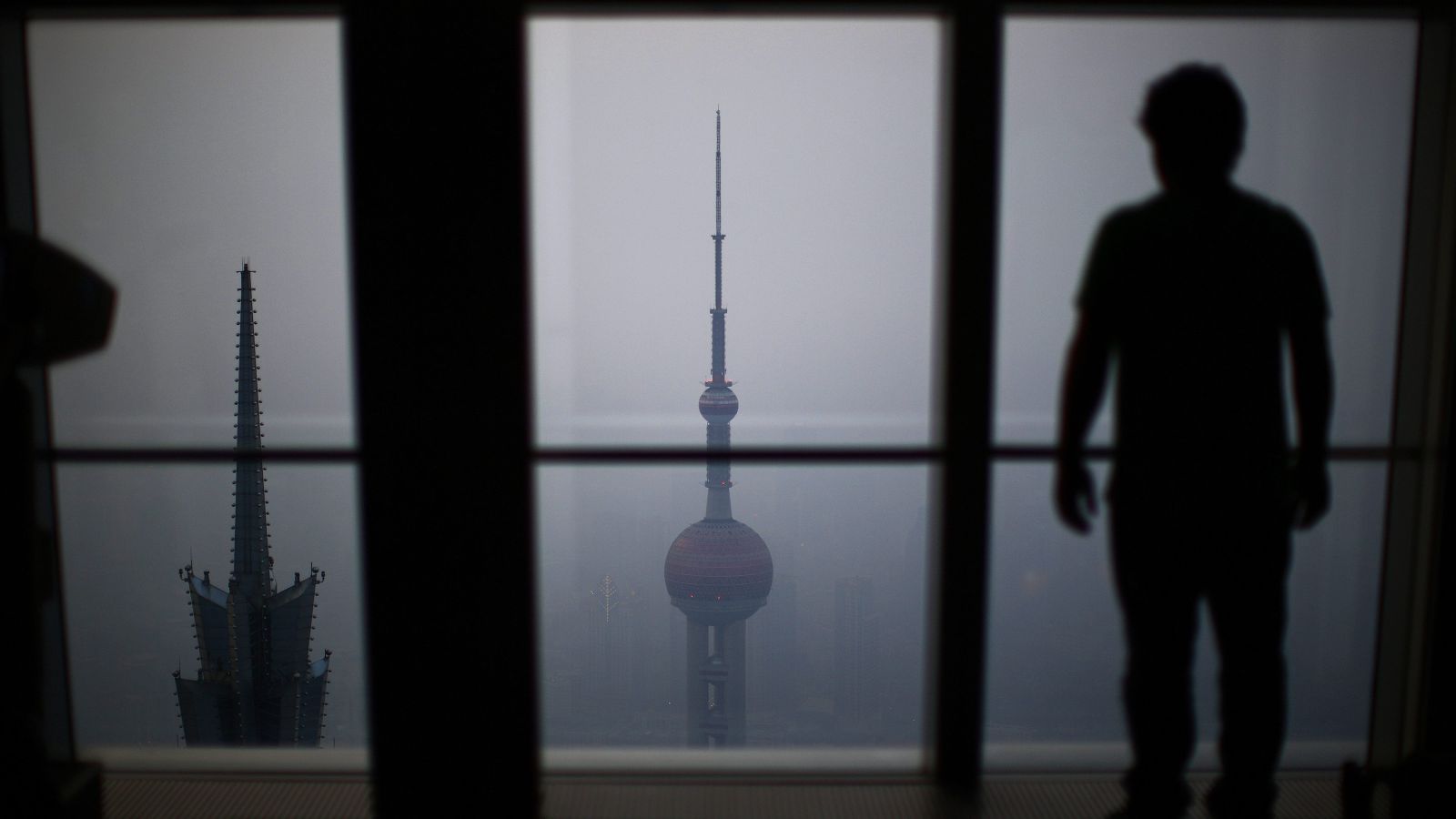Once a month, we put together a list of stories we’ve been reading: things you might’ve missed or crucial conversations going on around the web. We focus on environmental and social justice, cities, science fiction, current events, and political theory.
We’ll try to include articles that have been published recently but will last, that are relatively light and inspiring, and are from corners of the web that don’t always get the light of day. This will also be a space to keep you up to date with news about what’s happening at Uneven Earth.
February is the shortest month, but holy crap we do have a lot of cool links for you. This month, we cover some new research about the limits of the good life, the impact of companies like AirBnB and Amazon on our cities, the changing Latin American politics, and the importance of Indigenous ways of seeing the world. The work of Steven Pinker and Jordan Peterson has also triggered a new series of discussions on the importance of science and its links to colonialism and racism. In the sci-fi department, we’ve got a whole new slew of fiction for you, analysis from writers like China Miéville and Kim Stanley Robinson, and a feature on black science-fiction writers.
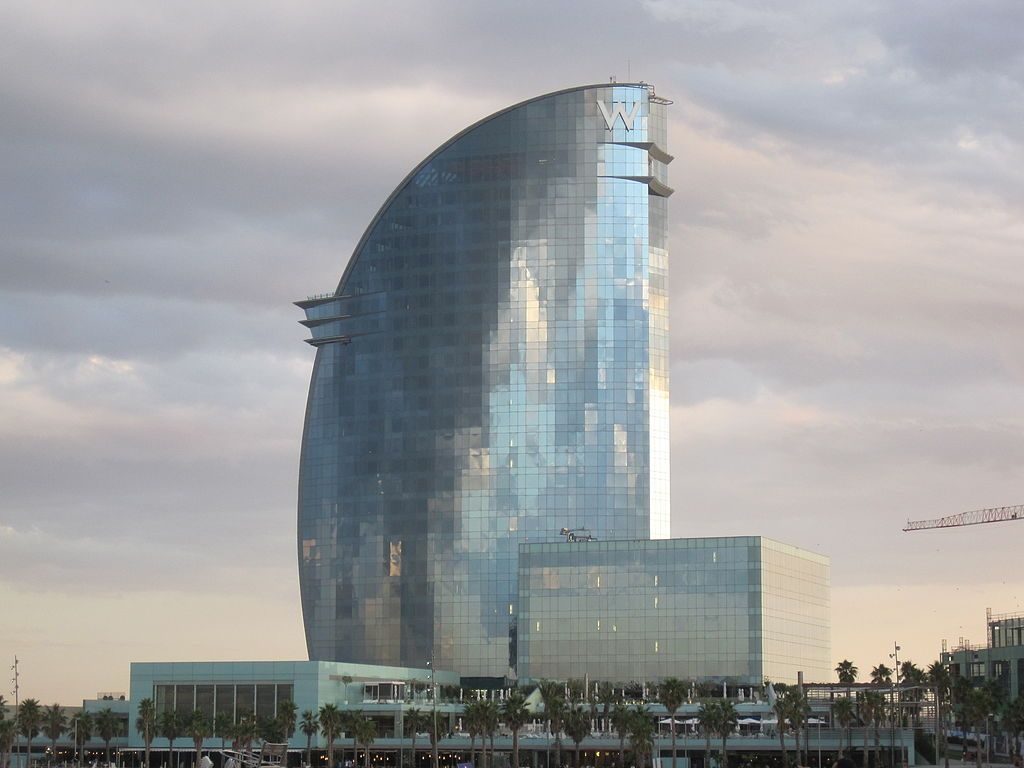
Uneven Earth updates
La Barceloneta’s Struggle Against (Environmental) Gentrification | Link
“A city-wide urban struggle that evolved in defense of the needs and rights of residents over capital and profit.”
The Transition: towards a psycho-social history | Link
“The facts revealed in the historical record are clear: most people were terrified of their neighbours.”
Encyclopedia of the mad gardener | Link
“They feel the smells seep into their nasal channels, dioxins boiled under the pink moon.”
The collector | Link
“When you upload the dream, I cease to be a dreamer…”
Waterways | Link
“After the Division, Avon split from Greater Thames and declared a matriarchy”
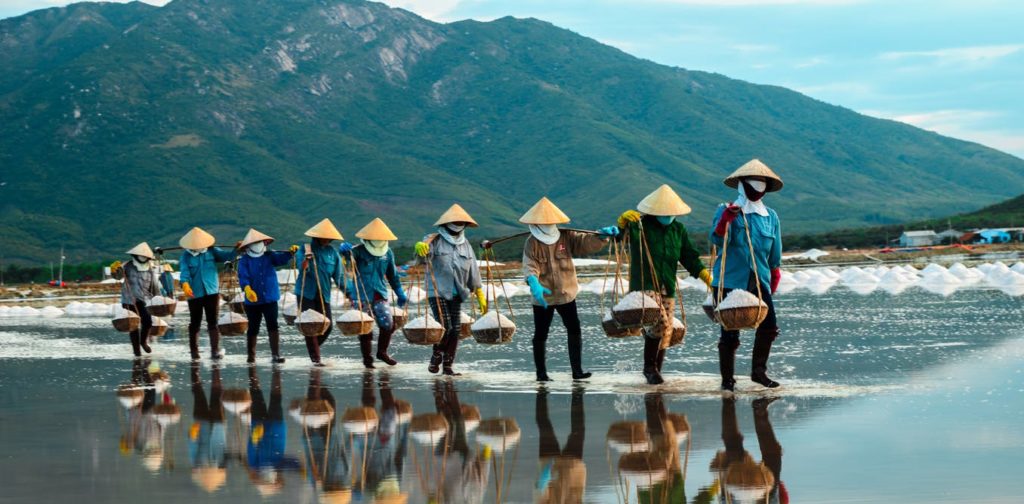
You might’ve missed…
Turns out that carbon capture is a pipe dream. Not many know that the fine print of the Paris Treaty relied on a dirty little secret: the advent of carbon capture technology. But it turns out that this is a pipe dream. The unavoidable fact is, we just have to make less stuff, burn less oil, and grow more trees. Read the stories from Wired, The Guardian, and the original report from EASAC.
You may have heard of Route 66, “the main street of America”, but Highway BR-163 in Brazil may be just as epic. This beautiful photo essay about this single highway tells the story of the complex political ecology of rainforest deforestation.
The Samarco dam collapse in 2015 was Brazil’s worst environmental disaster. What’s happened since, and who’s to blame? This investigative piece gives us the update.
Is it possible for everyone to live well? This study mapped indicators of well-being along with every country’s environmental impact. Turns out most don’t make the cut, and Vietnam comes closest to balancing the good life and environmental impacts. Though these numbers just tell part of the story, the study has had international impact, starting a much-needed discussion on what it means to live well today.
It’s behind the scenes, as always, but new rounds of trade negotiations are happening and they will affect the world for generations to come. Here’s an article dishing it out about the CEPA trade deal (EU-Indonesia), a perspective from Kenya by Justus Lavi Mwololo, a representative of small farmers, and an explainer about how the new NAFTA negotiations affect Mexican workers.
We’re over one month into Turkey’s invasion of the Kurdish canton Afrin in Syria, and since then, there’s been an international outcry. This piece in Jacobin lays out the stakes behind the attack, here’s an op-ed by the French philosopher Bernard-Henri Lévy in the Wall Street Journal, another opinion piece by Rahila Gupta on CNN’s website, and a piece by David Graeber asking why world leaders are backing Turkey’s invasion. And here’s a piece on the ecological initiatives happening right now in Rojava.
Here’s a letter from Evin Jiyan Kisanak, the daughter of Gultan Kisanak, telling the story of the Kurdish political movement in Turkey and their oppression: “My mom, who still has traces on her body from the torture she suffered, always sees light in the face of profound despair. Today she is in prison again, but her belief in peace and equality is unrelenting. Her will is unyielding.”
In the face of our climate crisis, a group of five activists known as the Valve Turners decided not to wait for the law to catch up and took matters into their own hands. This is a story on their direct action.
A striking piece in New York Magazine linking loneliness and the opioid epidemic: “This nation pioneered modern life. Now epic numbers of Americans are killing themselves with opioids to escape it.”
Another photo essay, this time an intricate story about industrial farming in California, the migrant workers who toil the fields and processing plants, and how it intersects with climate change.

New politics
Introducing vTaiwan: Citizens are pioneering new public participation methods through online civic involvement. They’ve become so successful that the government has been forced to listen.
What happened in Catalonia? This article explores how the roots of the independence movement was in based in the fight for neighborhood, not nationhood—and this is what most outside observers don’t seem to get.
Socialist organizing was never just about striking in the workplace. This article explores the vibrant dance halls, social clubs, Sunday schools, and film screenings of socialist movements, and why they declined starting in the 1950s. Today, as young people are once again becoming interested in socialism, they can stand to learn a lot from the block-by-block initiatives of the past.
Environmentalists are often caricatured as hippy-dippy young people, removed from common people’s interests. In this beautiful photo essay, we’re guided through the diversity of people resisting fracking in one village in North England.
Indigenous activism is seeing a resurgence, and, finally, growing interest amongst non-Indigenous and settler communities. What can the white left learn from Indigenous movements, and how can it build better alliances? This article explores what decolonization would mean in today’s context.
What’s wrong with the financial system? If you ask a banker or a politician, their ignorance of how money works, and how debt powers the whole system, will become immediately apparent. The organization Positive Money has been putting a lot of work into battling misconceptions and putting forward alternatives. They recently came out with a report on how we can escape the growth dependency that our money system forces us into. Here’s a summary of the report in The Independent.
The local initiatives happening around the world can be a bit overwhelming. How can we think of them all together, understand them as part of one big movement? In this report, titled Libertarian Municipalism, Networked Cities as Resilient Platforms for Post-Capitalist Transition, Kevin Carson highlights the diverse movements in cities globally and the theories that can help us understand them.
Have you heard of Cooperation Jackson? It’s a worker-owned cooperative in Jackson, Mississippi, but so much more. Through their efforts, they’ve successfully kick-started a movement led by black folks that eventually took over city hall. This video explains what’s going on and why it’s so important.
South Africa’s shack dwellers see politics very differently than the average Westerner.
The new housing rights movements in the US have the real estate industry running scared. The Nation reports.
Have you heard of the Preston model? It’s helping to start a new conversation about the role of local government in locally-driven economic revitalization and transforming ownership towards democratic alternatives.
A new series was launched in the Guardian, ‘The alternatives’, in which Aditya Chakrabortty looks at ways to make the economy work for everyone.
Jason Hickel on why, by removing the walls that separate the causes and consequences of climate change, we can encourage constructive action.
“This is real politics. It’s personal. It’s a lived experience that you are a part of and implicated in, whether you had asked to be or not.” The staff strikes at Cambridge inspired Alice Hawkins to reflect on political engagement.
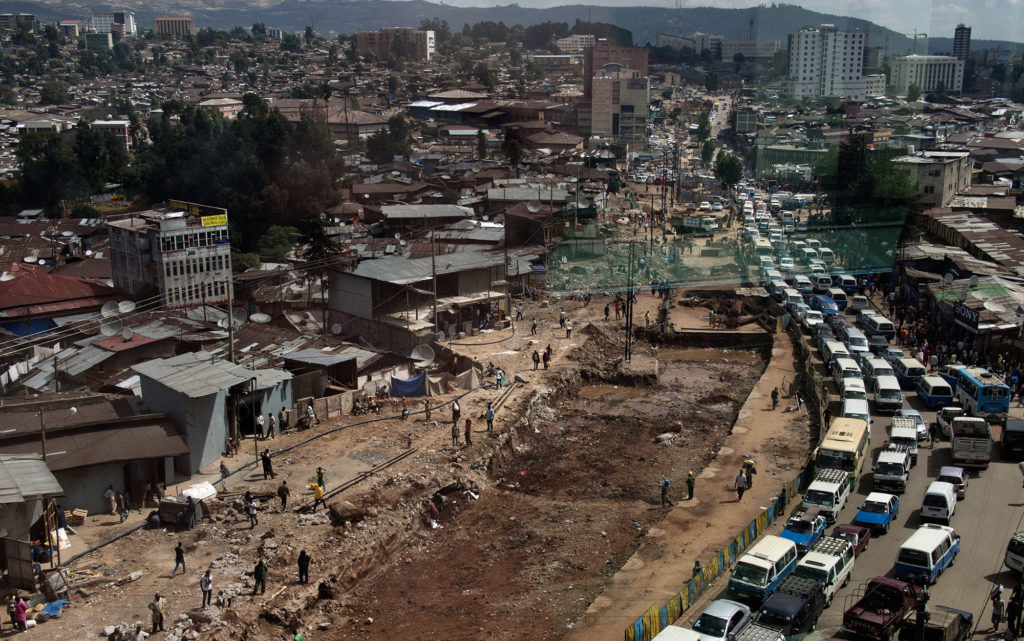
Where we’re at: analysis
Different perspectives on human history, the Anthropocene, and climate change
David Graeber and David Wengrow rethink world history as we know it: contrary to the popular narrative which conflates the origin of social inequality with the agricultural revolution, egalitarian cities and regional confederacies are historically quite commonplace, and inequalities first emerged within families and households (it’s worth mentioning that feminist scholars and other marginal voices have worked on stories of micro-scale inequalities for a long time). In an interview from 2016, Nancy Fraser discusses how the work involved in social reproduction is severely undervalued and taken for granted as ‘gifts’ in capitalist societies. This article highlights the need for thought on the Anthropocene to include African perspectives and scholarship, and a recent World Bank report provides new evidence of the massive ongoing extraction of the continent’s wealth by the rest of the word.
The fact that young people are opting out of having children because of climate change is an urgent call for action, and so is the alarming research on how it is worsening public health problems. During these times of crisis we’re facing, art can help us process what’s going on, intellectually and emotionally.
An analysis of Latin American politics. Against the backdrop of state and gang violence, some of Latin America’s most affected communities have taken radical measures to defend themselves and build new social counter-powers from below. Arturo Escobar discusses post-development and the fight for justice and pluralism in Latin America. “As inequality and environmental degradation worsen, the search is on not only for alternative development models but also for alternatives to development itself.” Elsewhere, Pablo Solón discusses the cosmovisions emerging from Latin America’s Indigenous movements, and Miriam Lang and Edgardo Lander talk about the slow demise of Latin America’s “pink tide”.
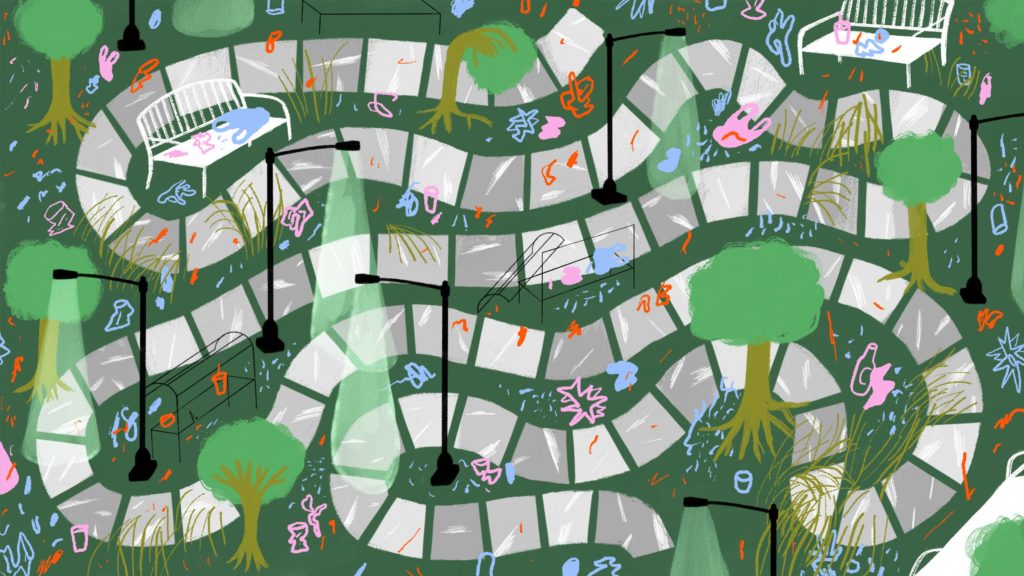
Just think about it…
“This exploitation by powerful men of women and girls in the most abject of circumstances has been misleadingly framed broadly in terms of “sex work” and “sex parties” in dominant narratives in the Western press.” Some good points and context on the Oxfam scandal and its aftermath.
A thought-provoking read from 2015 on the complex history and effects of humanitarian appeals.
A history of gun manufacturing and colonization, and the resulting underdevelopment it led to.
Restaurants are the new factories
Protecting the climate means strengthening Indigenous rights
The case against sidewalks
The logic of consumerism has come to infect what we mean by gentrification. “The poor are still gentrification’s victims, but in this new meaning, the harm is not rent increases and displacement — it’s something psychic, a theft of pride.” When ‘Gentrification’ isn’t about housing.

Technology and the new economy
The capitalist work ethic and the fear of leisure
The conversation about how human work is impacted by new forms of industrial technology continues. Here is a podcast from the Guardian which introduces different ideas about alternatives to work as we know it.
As Silicon Valley entrepreneurs turn “the end of work” and basic income into their new hobbyhorses, one article instead suggests a new public sector to guarantee both jobs and leisure time. Another article says “the end of work” is a sham—since new technologies in industrial production are driven by controlling labour and not liberating it. Others focus on a critique of work: on the capitalist work ethic which makes people too busy to think and (conveniently for capital) to be engaged in politics; on working less as a solution to everything and the long history of elites fearing the leisure time of the poor; and on how Ju/’hoansi hunter-gatherers can help industrial societies rethink work.
For a historical perspective on the discussion and on different ways of looking at new technologies, Thomas Pynchon’s 1984 essay on Luddism is a must-read.
This past month, David Wachsmuth and his team at McGill University have come out with a hard-hitting new study on the impact of AirBnB on rents, and the way that it drives disruption in our cities. Here’s the report itself, here’s a feature in New York Magazine, and another at The Atlantic.
What Amazon does to poor cities: The debate over Amazon’s new headquarters obscures the company’s rapid expansion of warehouses in low-income areas.
The rise of digital poorhouses
Is energy efficiency a good thing? Not especially. This feature in The Tyee takes us through some of the thinkers and researchers like Jacques Ellul, Stanley Jevons, and Elizabeth Shove on the problems with efficiency in an economy that just keeps growing.
Blockchain won’t save the world
Amazon and the socialist future
The movement for the right to repair. And a wonderful video on how some farmers are hacking their tractors.
Driverless cars could see humankind sprawl ever further into the countryside
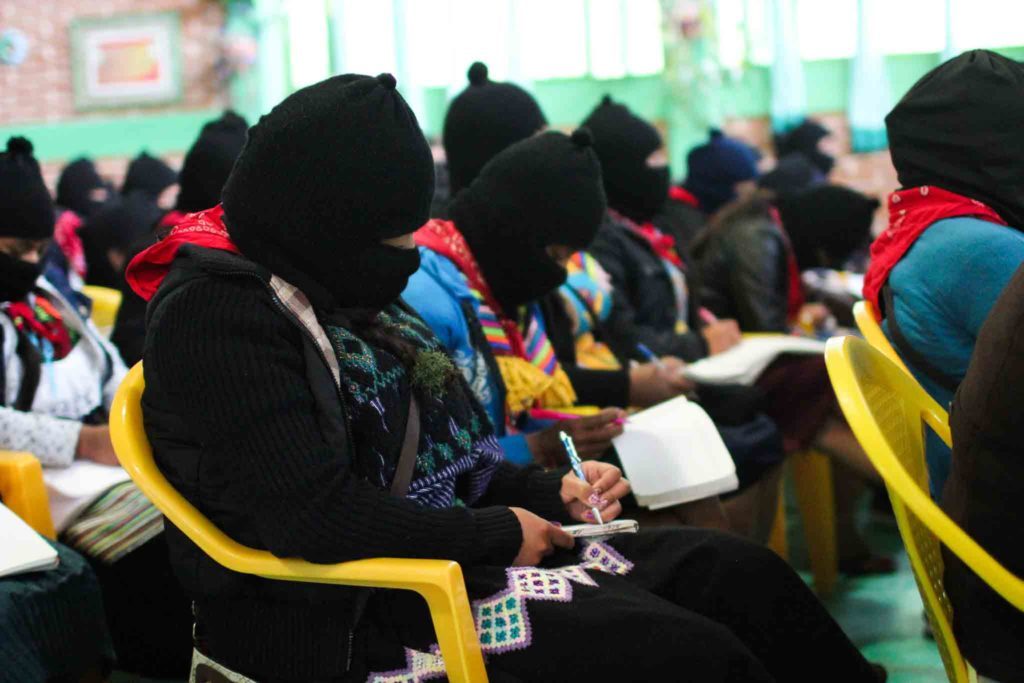
On science and its problems
What are “Western values”, really? Peter Harrison argues that the potential of a Western tradition lies “in the preservation of a rich and varied past that can continue to serve as on ongoing challenge to the priorities and “values” of the present.”
Part of the Zapatistas’ project of resisting indigenous genocide, capitalism, and political repression is their struggle to decolonize knowledge. This is an article on the discussions between Zapatistas and leading left-wing scientists during the second iteration of the ConCiencias conference in December 2017.
Indigenous knowledge is finally being recognized as a valuable source of information by Western archaeologists, ecologists, biologists, climatologists and others.
Even so, the relationship between traditional ecological knowledge and Western science remains problematic.
Massimo Pigliucci tackles scientism: “when scientistic thinkers pretend that any human activity that has to do with reasoning about facts is “science” they are attempting a bold move of naked cultural colonization, defining everything else either out of existence or into irrelevance.”
“Current environmental policy textbooks are all stuck in a liberal narrative of environmental progress through political consent.” Melanie DuPuis elaborates on the concepts that are missing from this narrative.
Race science—that we can prove the superiority of one race over another through science—is rearing its ugly head again, with Jordan Peterson and Steven Pinker playing some unwelcome roles. But as Gavin Evans shows in this Guardian article, it’s still as bogus as ever.
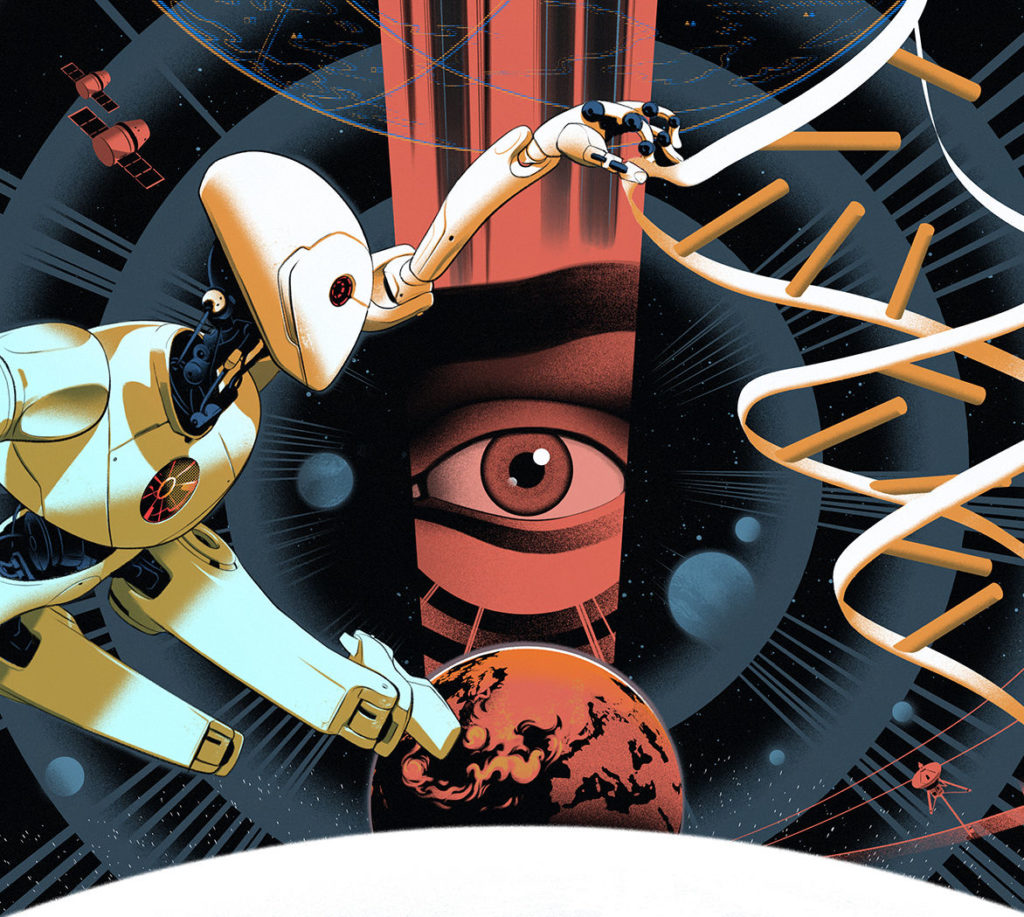
Sci-fi and the near future
China Mieville on the limits of utopia
“The utopia of togetherness is a lie. Environmental justice means acknowledging that there is no whole earth, no ‘we’, without a ‘them’. That we are not all in this together… There is hope. But for it to be real, and barbed, and tempered into a weapon, we cannot just default to it. We have to test it, subject it to the strain of appropriate near-despair. We need utopia, but to try to think utopia, in this world, without rage, without fury, is an indulgence we can’t afford.”
Jeff VanderMeer’s Annihilation has been turned into eco-thriller movie, and people are pretty stoked. For Laura Perry, it “offers a roadmap to understanding and living with aliens and other unsettling forms of life”. And there’s a feature in Macleans on Jeff VanderMeer and his “new weird”.
The future is now? Five science fiction writers speculate on what science fiction can do when the present seems more and more like a science fiction story. On the genre as social critique, an ethics of science, and a place to consider questions of meaning and value.
An interview with climate fiction and utopian science fiction writer Kim Stanley Robinson on the roles of science, fiction, and science fiction today, the limits of tech-only solutions to environmental problems, and sci-fi as the realism of our time.
And, speaking of reality merging with science fiction: Silicon Valley’s vision of a future of oligarchical “smart cities” could be a dystopian story by Aldous Huxley.
A farewell-note to Ursula LeGuin, the interplanetary anthropologist
Five black sci-fi writers you may not (but should) know
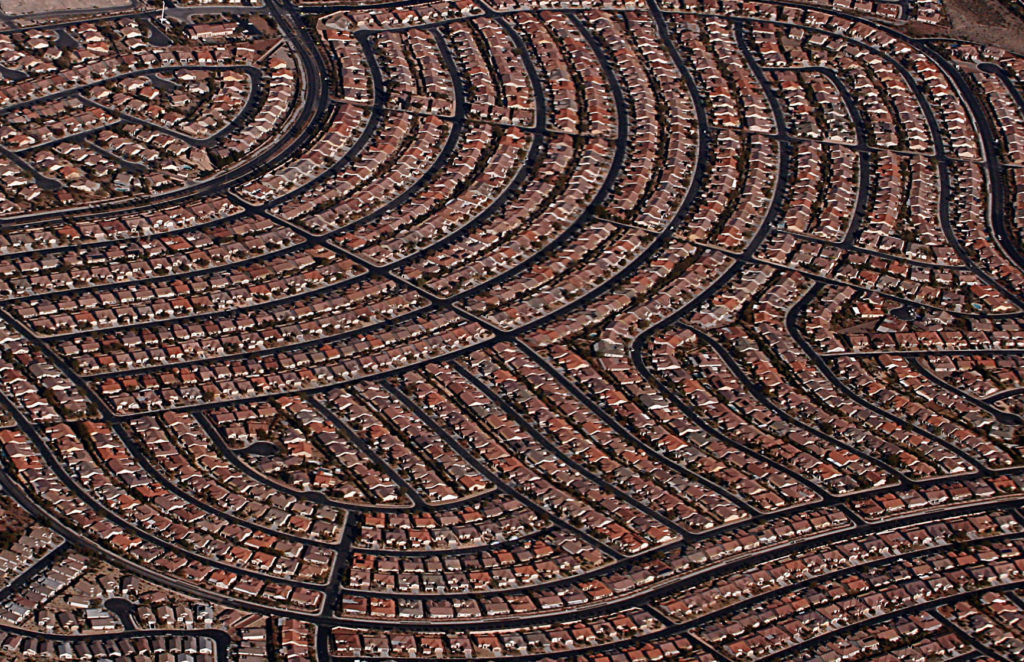
Books
In The progress of this storm, Andreas Malm both criticizes the increasingly popular environmentalist idea of the “death of nature” and imagines political change through an ecologically class-conscious popular movement. This interview covers the latter point and this review covers both.
A review of Family Values: Between Neoliberalism and the New Social Conservatism by Melinda Cooper at Jacobin.
“Most resistance does not speak its name”: James C. Scott, author of Against the Grain: A Deep History of the Earliest States, talks about his work.
“How will we have enough resources to support those people sustainably and equitably? Should we develop new technologies to respond to those challenges? Or should we focus instead on trying to limit growth and develop more of a harmony with the nature around us?” Charles C. Mann’s The Wizard and the Prophet is a testimonial to the art of the possible.
Want to receive this as a newsletter? Subscribe here.
